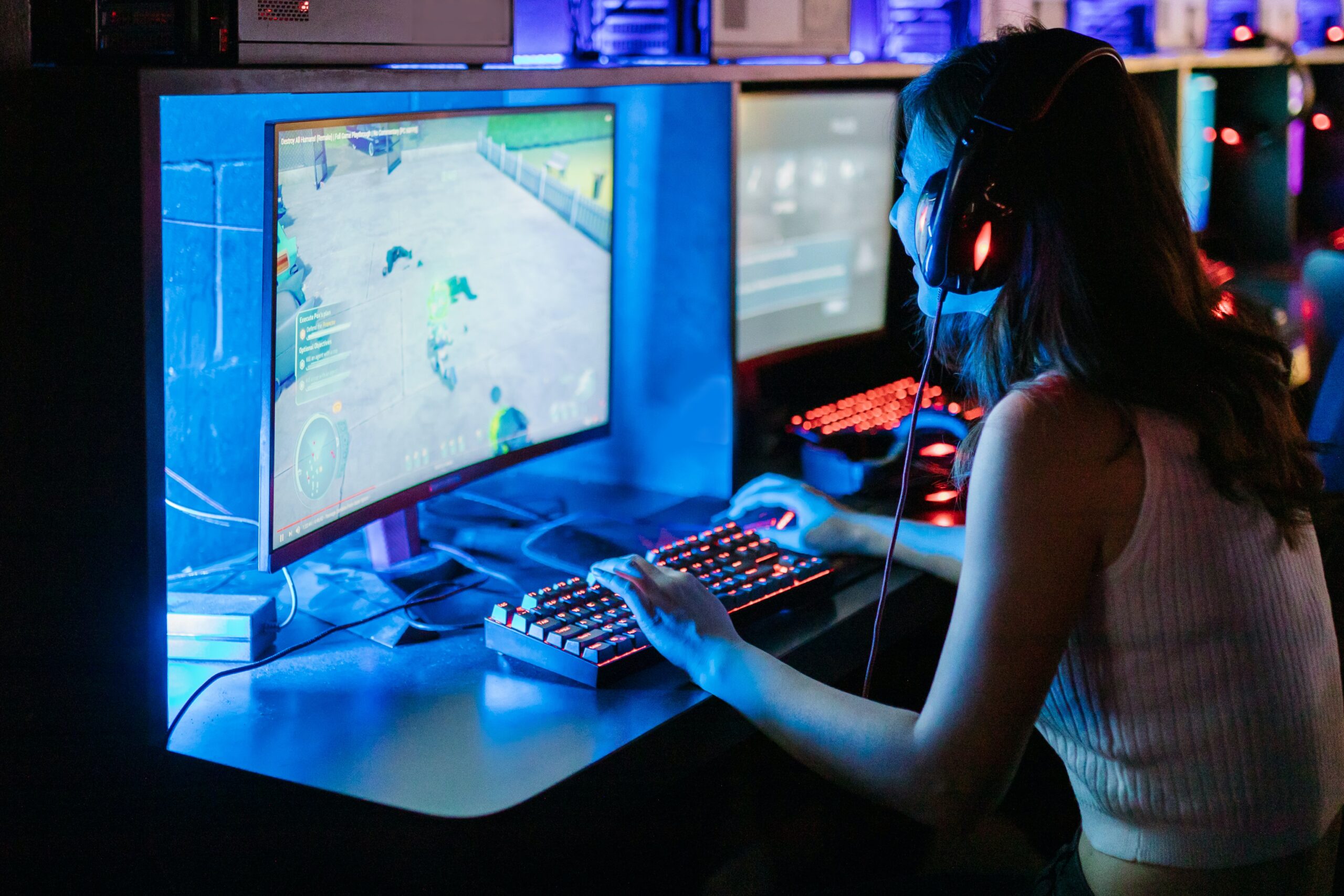The Mental Health Impacts of Too Much Screen Time
How Decreasing Screen Time and Engaging in Other Activities Can Help Your Mental Health
 As technology advances and digital devices become more prevalent in our daily lives, it’s becoming increasingly difficult to detach from screens and technology. While technology serves many useful purposes, such as facilitating communication and information access, too much screen time can negatively impact our mental health. In fact, studies have shown that excessive screen time can lead to increased levels of anxiety, depression, and even sleep disorders. In this blog post, we will explore the mental health impacts of too much screen time and provide some helpful tips on how to decrease screen time and engage in alternative activities to promote better mental health.
As technology advances and digital devices become more prevalent in our daily lives, it’s becoming increasingly difficult to detach from screens and technology. While technology serves many useful purposes, such as facilitating communication and information access, too much screen time can negatively impact our mental health. In fact, studies have shown that excessive screen time can lead to increased levels of anxiety, depression, and even sleep disorders. In this blog post, we will explore the mental health impacts of too much screen time and provide some helpful tips on how to decrease screen time and engage in alternative activities to promote better mental health.
Excessive Screen Time and Mental Health Risks
It’s no secret that too much screen time can lead to negative health outcomes, including mental health issues. Specifically, research has linked too much screen time with increased levels of anxiety, depression, insomnia, and a host of other mental health disorders. One study found that people who spent more than four hours a day on screen-based activities were more likely to report symptoms of depression, while another showed that heavy screen usage in teenage girls was associated with an increased risk of poor mental health outcomes over time. Additionally, excessive screen time has been linked to disrupted sleep-wake patterns, which can have a profound impact on overall well-being.
The Importance of Decreasing Screen Time
Given the known mental health risks associated with too much screen time, it’s crucial to take steps to decrease your screen time. But how can you do this? Here are a few simple strategies that you can try:
- Set screen time limits: Use tools like screen time settings on your device to limit the amount of time you spend on screens each day.
- Find alternative activities: Spend time doing other activities that you enjoy. Try reading a book, engaging in physical exercise, or trying a new hobby.
- Take a break: Take frequent breaks from screens throughout the day to give your eyes a rest and allow you to refocus your attention.
Alternative Activities to Promote Better Mental Health
In addition to decreasing screen time, there are also many alternative activities you can engage in to promote better mental health. Here are a few ideas to consider:
- Exercise: Physical activity is one of the most effective ways to improve mental health. Engage in activities you enjoy, whether it’s running, dancing, or lifting weights.
- Meditate: Mindfulness meditation has been shown to improve mental health by reducing feelings of stress and increasing feelings of calm.
- Connect with others: Spending time with friends and family can do wonders for your mental health. Try scheduling regular outings with loved ones or joining a local club or group.
The Importance of Striking a Balance
Ultimately, the key to maintaining good mental health and decreasing the negative impacts of excessive screen time is to strike a balance. While screens and technology can be useful tools, it’s important not to rely on them exclusively. By incorporating alternative activities and setting healthy screen time limits, you can improve your mental health and well-being.
The negative mental health impacts of too much screen time are well-documented, but there are many steps you can take to minimize your screen usage and improve your mental health. By finding alternative activities you enjoy, setting screen time limits, and striking a healthy balance, you can reap the benefits of technology without suffering its negative consequences. So, why not start today? Find new hobbies, spend time with loved ones, and prioritize your mental health.
At GroundWork we support children, teens and adults that are struggling with technology and screen time overuse to help recreate balance and address secondary anxiety or depression that may be exasperated by screen-time overuse.
Ready To Make A Change?
GroundWork is proud to offer both in-person &
virtual Telehealth appointments.
In-Person Sessions: Central Florida
Virtual Sessions: Florida, Maine, South Carolina, Montana, Vermont

